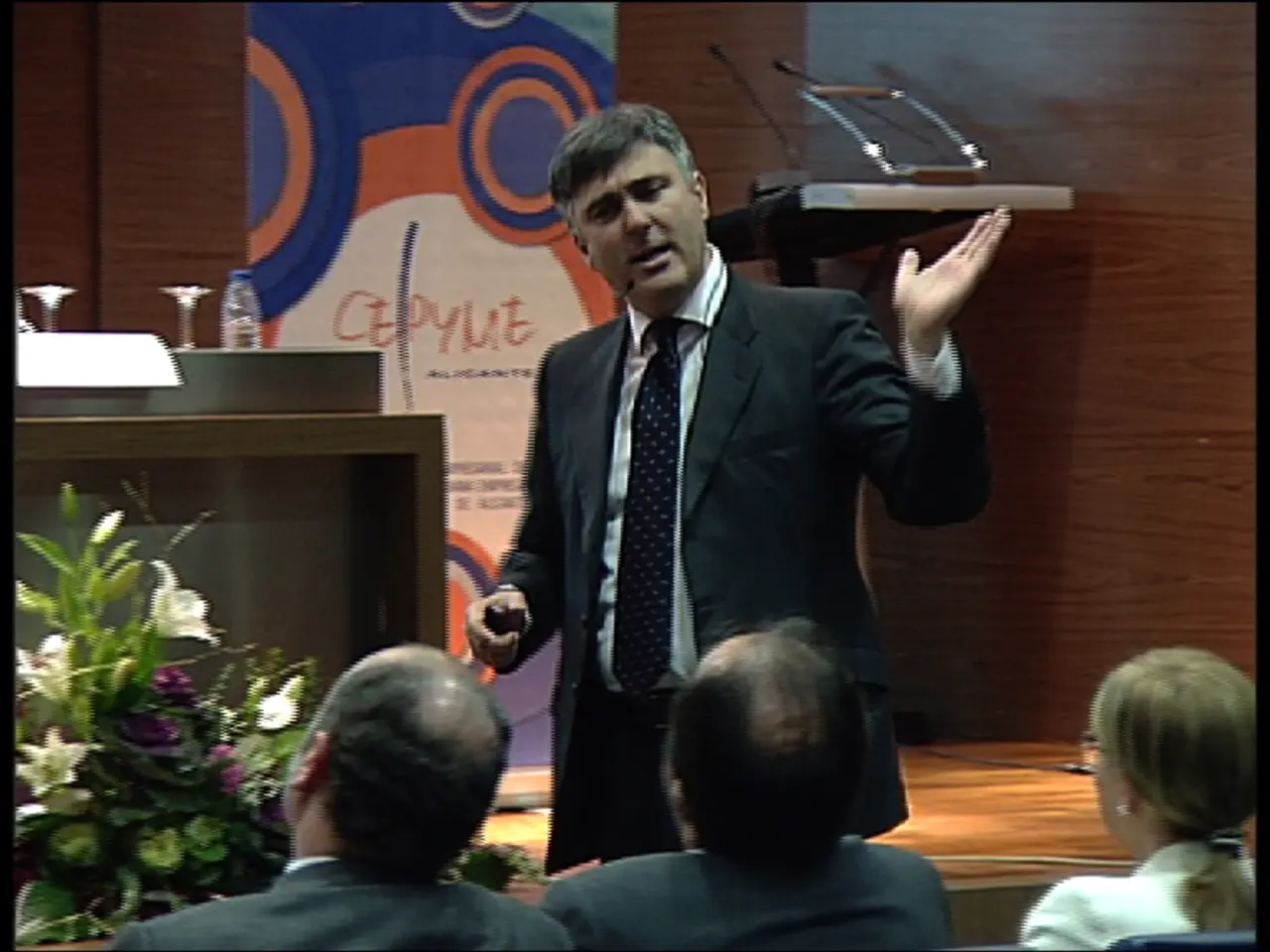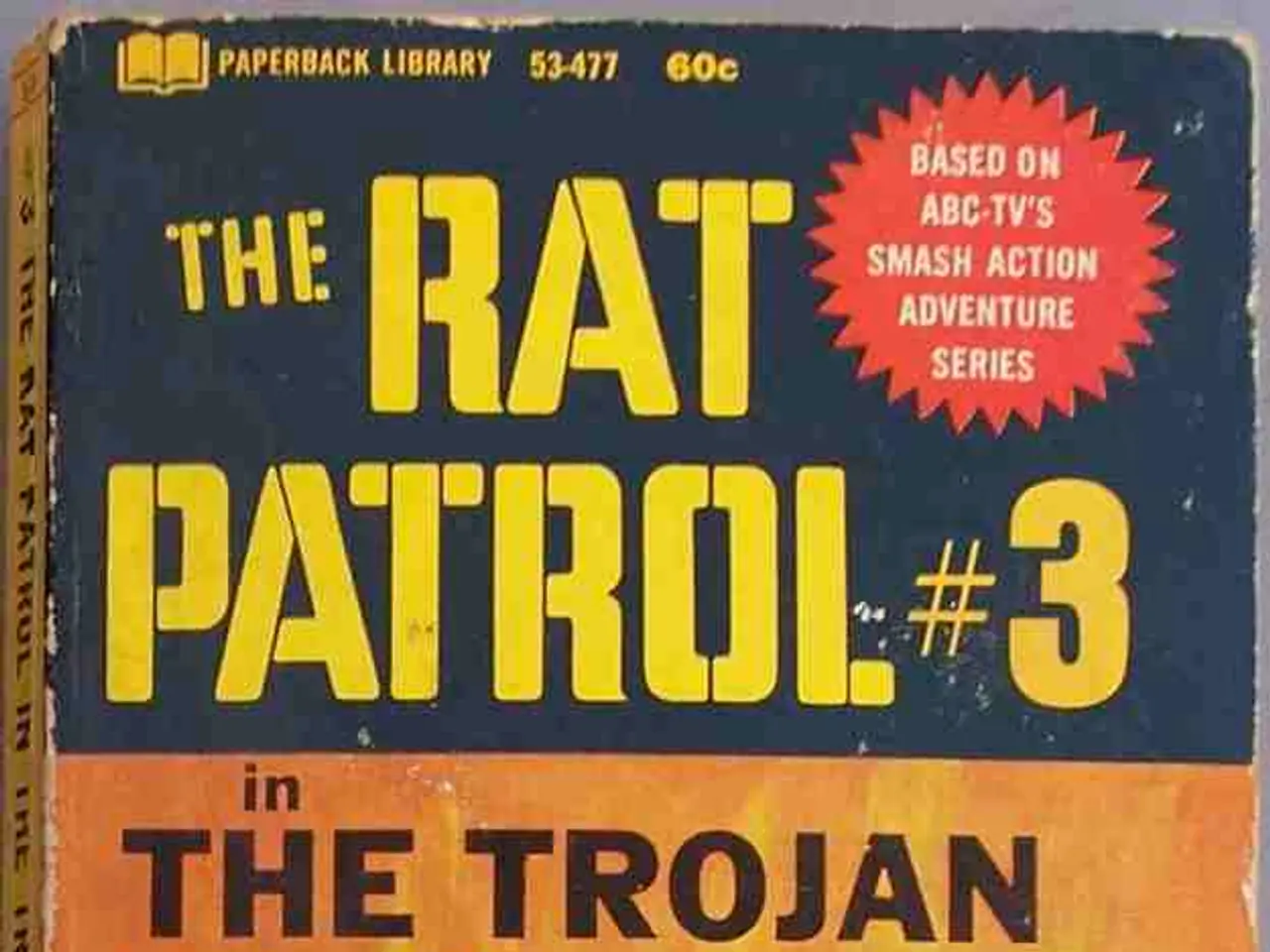One year following the Trump assassination attempt accusations: U.S. Senate points finger at Secret Service for grave errors - Following the murder of former President Trump, the United States Senate has indicted the Secret Service for alleged egregious errors
In a shocking revelation, the US Senate has accused the Secret Service of multiple critical mistakes and systemic flaws that nearly cost the life of former President Donald Trump during a rally in Butler, Pennsylvania last July. The event, marred by a shooting incident that left fire chief Corey Comperatore dead and several others injured, including Trump, who was grazed by a bullet, has become a subject of intense scrutiny.
Key details of the Senate findings and accusations include:
- **Denial of Resource Requests:** The Secret Service either denied or left unfulfilled at least 10 requests for additional resources to secure the event, despite the high-risk nature of the large rally. - **False Testimony:** Former Secret Service Director Kimberly Cheatle falsely testified under oath that no asset requests for the Butler rally were denied, a point emphasized by Senator Rand Paul. - **Lack of Accountability:** Despite multiple failures, the Secret Service did not fire anyone involved in the Butler rally’s security planning and execution. Only six personnel were formally disciplined, with some penalties reduced from original recommendations. - **Intelligence and Communication Failures:** There was a failure to share pertinent threat intelligence with agents in charge of Butler’s security, ill-defined responsibilities for advance security agents, and poor coordination between the Secret Service and local law enforcement. Crucially, information about the suspicious individual was not communicated to Trump’s shift detail, which might have prevented him from taking the stage. - **Absence of Counter-Snipers:** Although counter-sniper teams were authorized following intelligence briefings, none were present at the July 9 Doral campaign rally, indicating chronically poor implementation of security measures. - **Systemic Failures:** The Senate Committee described the situation as a “cascade of preventable failures,” reflecting deep organizational flaws.
Senator Rand Paul has been a vocal critic, describing the situation as a “cultural cover-up” and stressing the lack of oversight that allowed these security lapses. He highlighted that no one would admit to being in charge of security for the Butler event until he subpoenaed information. Paul has pushed for congressional oversight and accountability but noted that no one was disciplined after the investigation.
Other senators, such as Tom Cotton, attributed blame to the Biden administration for these security failures, citing poor responsiveness to security requests from Trump’s campaign and his security detail.
Following the incident and investigations, the Secret Service announced 37 reform measures aimed at addressing the identified deficiencies, but the event remains a stark example of the dangers posed when an elite protective agency lacks adequate resources, communication, and accountability.
In the aftermath of the shooting, footage worldwide showed Trump raising his fist and shouting "Fight, fight, fight," a display of his unwavering spirit in the face of adversity. However, no information is available about any changes or accountability within the Secret Service following the incident.
Donald Trump himself criticized the Secret Service in light of the shooting, stating they made mistakes. Despite the failures, no one was fired from the Secret Service following the shooting incident.
As the investigation continues, Senator Rand Paul and other members of the Senate are calling for reforms to ensure such incidents are prevented in the future. They stress the need for accountability, clear protocols, and a culture that prioritizes safety and security above all else.
One year after Donald Trump's assassination attempt, the US Senate has accused the Secret Service of numerous critical mistakes and systemic flaws, as revealed in their recent report. Particularly, the Senate found denial of resource requests, false testimony, lack of accountability, intelligence and communication failures, absence of counter-snipers, and systemic failures in the Secret Service's security planning and execution for Trump's rally in Pennsylvania last July. Senator Rand Paul, a vocal critic, emphasized these lapses as a "culture of cover-up" and called for Congressional oversight and accountability in the US Senate.







